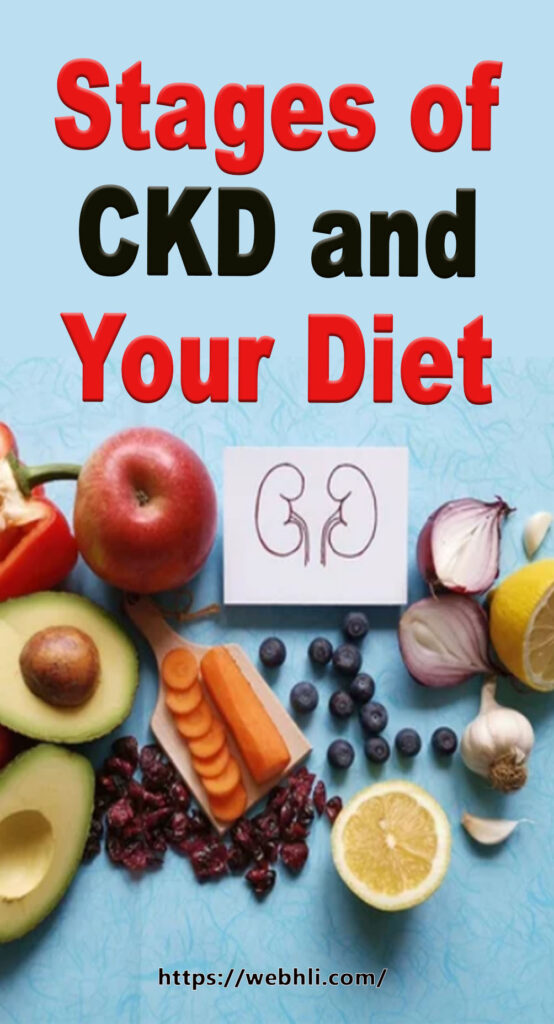
There are five stages of chronic kidney disease, based on (among other things) the amount of creatinine in your bloodstream, your age, gender, and race. They range from Stage One, where there is a slight change in filtration rates to Stage Five, also called End Stage. At that point, dialysis and/or transplantation is necessary for survival. As mentioned in the previous article, glomerural filtration rates are used to determine which stage you are in.
Stage One: The filtration rate is 90 or higher. Most people are not aware of this stage unless they are tested for something else and it is discovered.
Check out these related articles, too:
Bitter Melon Recipe For Diabetes
Control Your Diabetes Better With These Helpful Tips
Gastroparesis - A Challenge to Control
Blood Sugar Control and Diet - A Plan to Reverse Diabetes
Diabetes Natural Home Remedies – Worth a Try?
Can Magnesium Prevent Diabetes?
Zinc Shown to Promote Insulin Production In Diabetics
Prevent Side Effects From Diabetes Drugs
Stage Two: This stage is listed as mild decrease, from 60 to 89. As in Stage One, most people are unaware they have a problem.
Stage Three: This is a moderate decrease, from 30 to 59. At this point, the decrease in function is noticeable. Your blood pressure is likely to rise, anemia and bone loss are possible. You may feel tired all the time, notice changes in the color and amount of urine output and have swelling from fluid retention.
Stage Four: Severe decrease, from 16 to 29. The symptoms increase and get worse. You may notice a change in taste, lack of appetite, sleep problems and difficulty concentrating. At this point, preparations will probably be suggested for dialysis.
Stage Five: Sometimes called End Stage, 15 or less. Basically, your kidneys cannot do their job. Pain, muscle cramps, nausea, vomiting and headaches are likely. Without dialysis or a transplant, death is likely.
Throughout the stages of kidney disease, diet is of extreme importance. This is especially true if the disease is caused by diabetes or high blood pressure. Each person is somewhat individual, and your doctor may suggest you consult a dietitian or nutritionist.
Here are a few things that will probably be suggested. Sodium reduction is probably going to be at the top of the list. Not only can it raise your blood pressure, it can also cause fluid retention. Potassium and phosphorus will probably also be restricted. Protein and fluid intake may need to be restricted. These changes could help slow the advancement of the disease.
Good Energy Food for Diabetics
10 Simple Food Concepts Every Person Living With Diabetes Should Know
Making Cheesecake For Diabetics
Enjoy the Taste and Benefits of Diabetic Foods
Will The Mulberry Leaf Help Your Diabetes?
5 DIABETIC FRIENDLY SALADS Some Tasty
DIABETIC LEMON COCONUT COOKIES Some Tasty
50 Healthy Diabetic Recipes That Are The Best
[http://healing-home-remedies.com/] has information on herbal remedies and access to my eBooks. The Complete Guide to Complementary Remedies discusses kidney disease and herbal preparations that may be useful.
Article Source: http://EzineArticles.com/3571832


 Protected by Patchstack
Protected by Patchstack